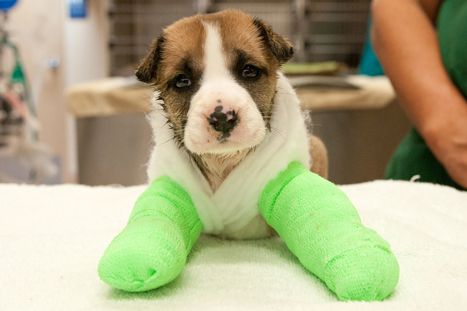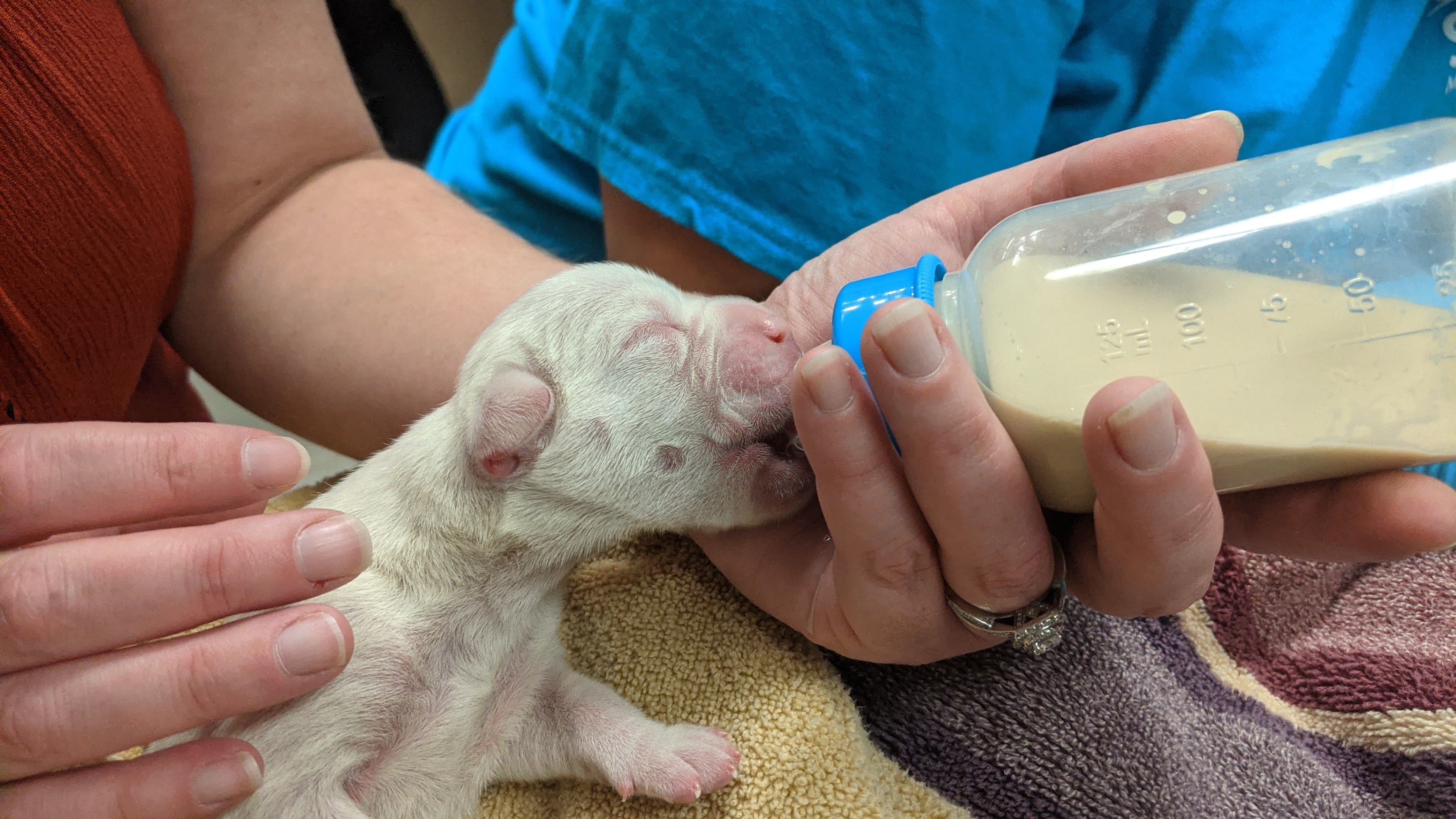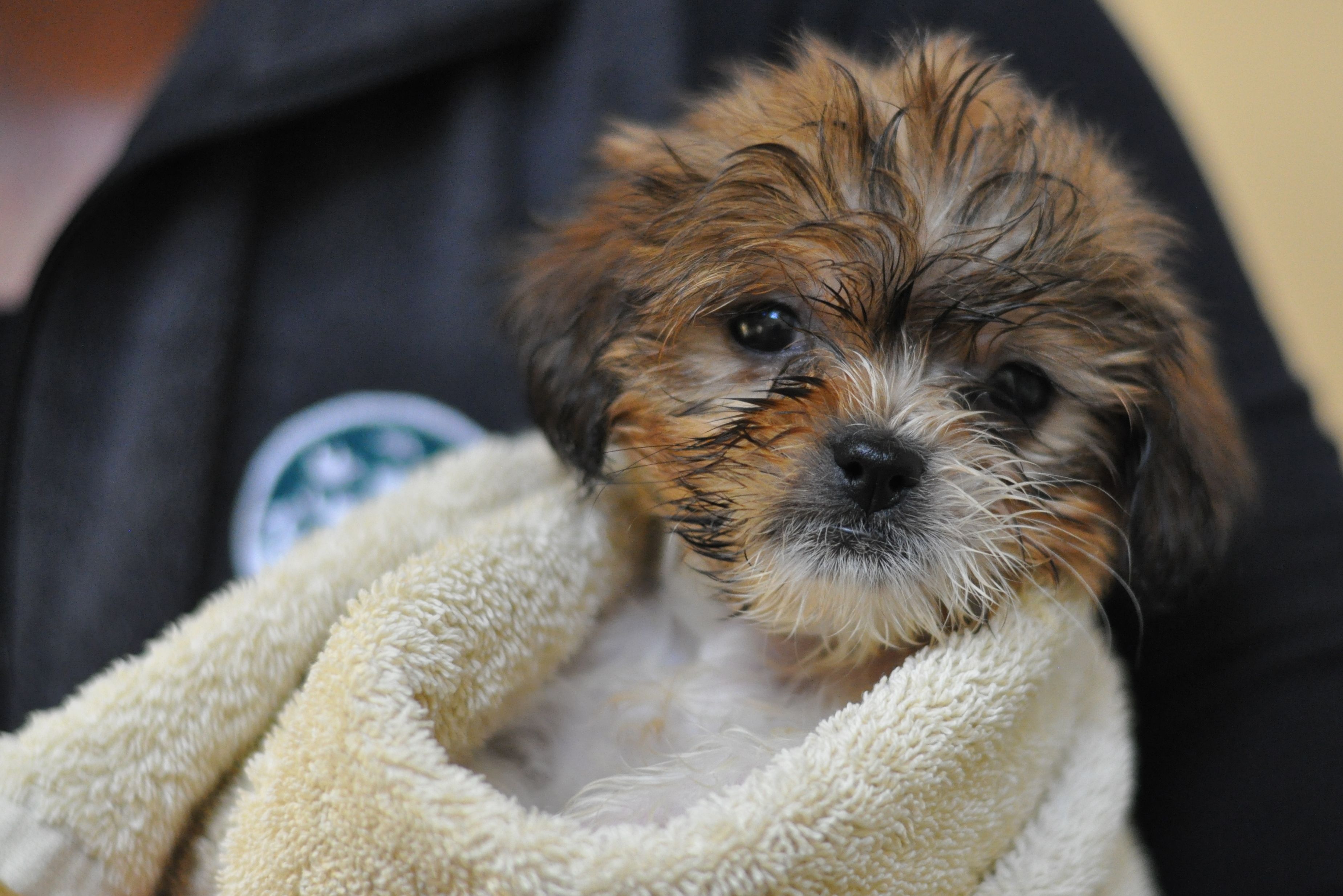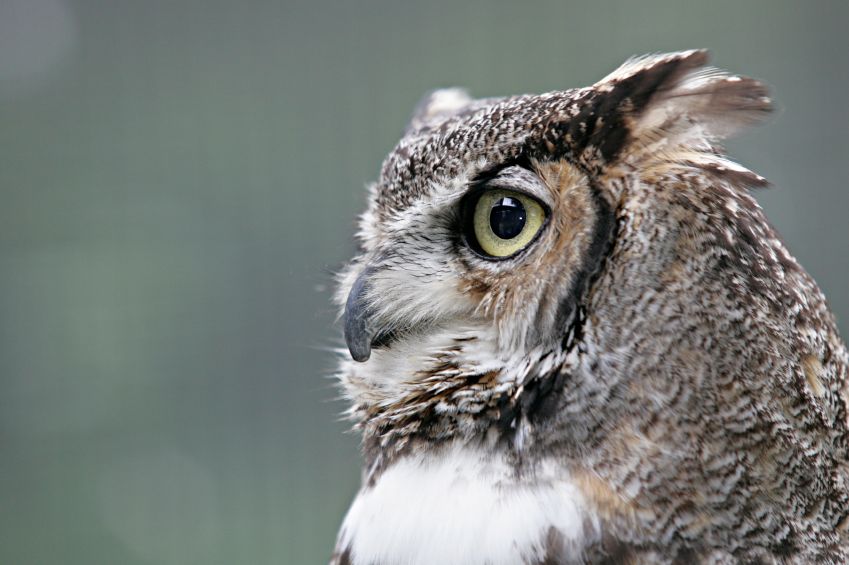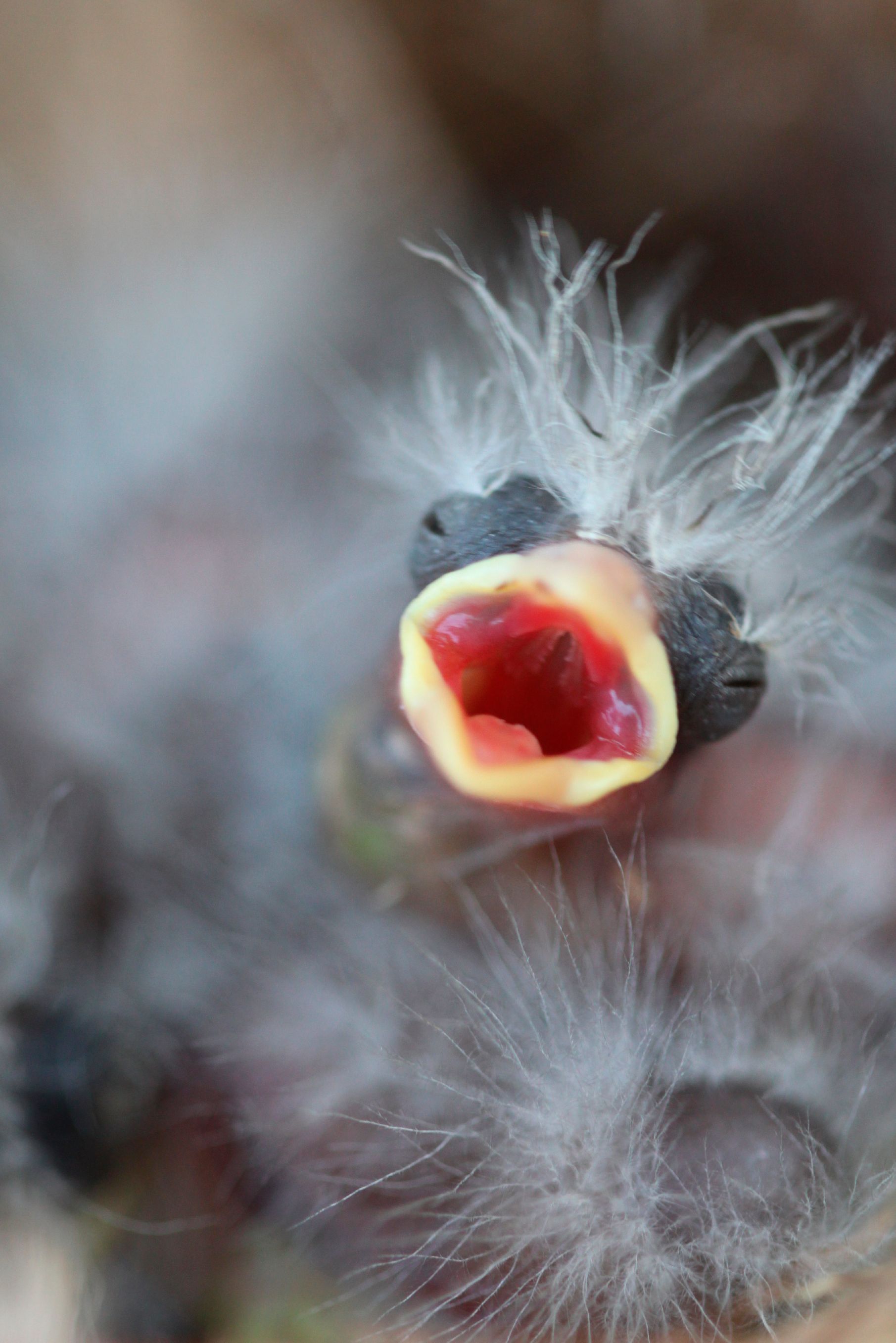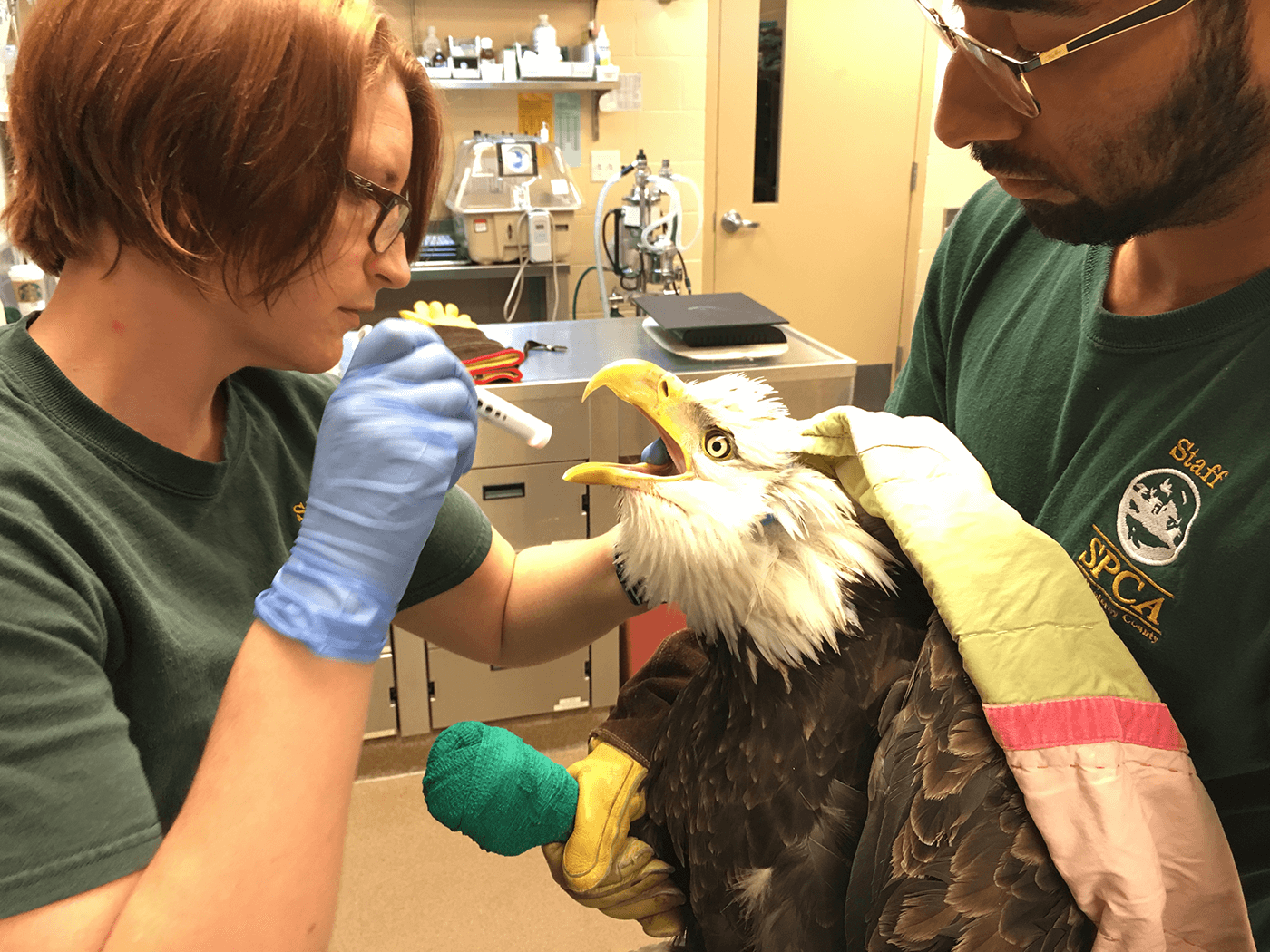Baby Birds
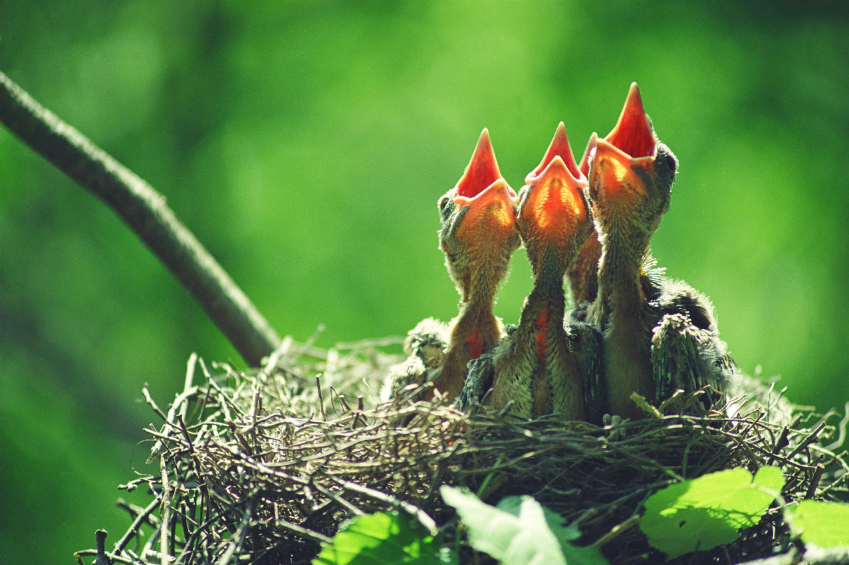
Please call us at 831-264-5427 or email us with your questions. You can also click the links below to learn more specifics about our most frequently asked questions.
WHAT TO DO IF YOU FIND A BABY BIRD
If you find an uninjured baby bird on the ground and can see his nest, try placing him back. It is a myth that birds will reject their young if you touch them. Watch the baby from a distance to see if his parents come back to feed him. On average, baby birds need to be fed every half hour, so call the SPCA Wildlife Center if you do not see the parents return. Birds have very specialized diets, so do not attempt to feed the baby yourself.
If the bird has some downy feathers and is hopping on the ground but not flying, he is most likely a fledgling.
Each spring SPCA Monterey County Wildlife Center is called upon to rescue and rehabilitate hundreds of orphaned birds. With the help of many dedicated volunteers, the SPCA Wildlife Center is very successful in raising these orphans and releasing them back into the wild. Unfortunately, each spring the SPCA also receives many “rescued” fledglings – young birds with their first feathers that are often seen on the ground unable to fly. The fledging stage is a normal part of development for many birds. Although the fledgling may sometimes appear to be an injured bird, downier feathers and parents tending to it signify that it is a healthy fledgling.
Fledglings are baby birds that are found on the ground, are already feathered, and are able to hop, but are not yet ready to fly. These young birds are sometimes mistaken for a bird with a broken wing. Fledglings can be as large as the parents and usually have some visible downier feathers.
If you see a bird that you think might be injured, take time to observe him. If it is a fledgling, you will soon see his parents tending to him. This is a very important time for the young birds to learn by observing their parents and it won’t be long until he is able to fly.
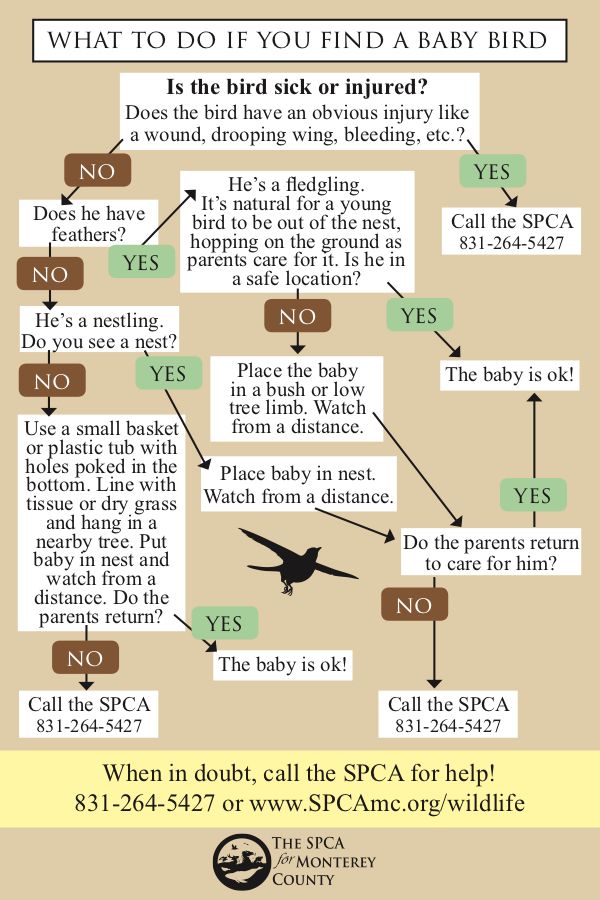
AFTER HOURS RESCUE
The SPCA Wildlife Rescue and Rehabilitation Center is open 8 am to 5 pm in the Fall and Winter (from September 1 through March 31) and from 7 am to 7 pm in the Spring and Summer (from April 1 to August 31).
If you find an injured or orphaned bird outside of these hours, please place the bird in a box that the bird can breathe in but not escape from. Place the box in a warm, dark, safe, and quiet location for the night such as a guest bathroom or a warm garage. Please bring the box to the SPCA Wildlife Center in the morning for care. Please do not provide food or water as this can cause injury or death.
WHAT DO DO IF YOU FIND AN INJURED ADULT SONGBIRD OR HUMMINGBIRD
Please watch the bird and ensure what appears to be an injured adult bird is not actually a fledgling. See the above information to learn how to determine if a bird is a fledgling or an adult.
If the bird is injured and unable to fly, please safely contain the bird using a towel or gloves to protect yourself and the bird. Place the bird in a box that he can breathe in but not escape from and bring him to the SPCA Wildlife Center located at 1002 Monterey-Salinas Highway, across from WeatherTech Raceway Laguna Seca.






